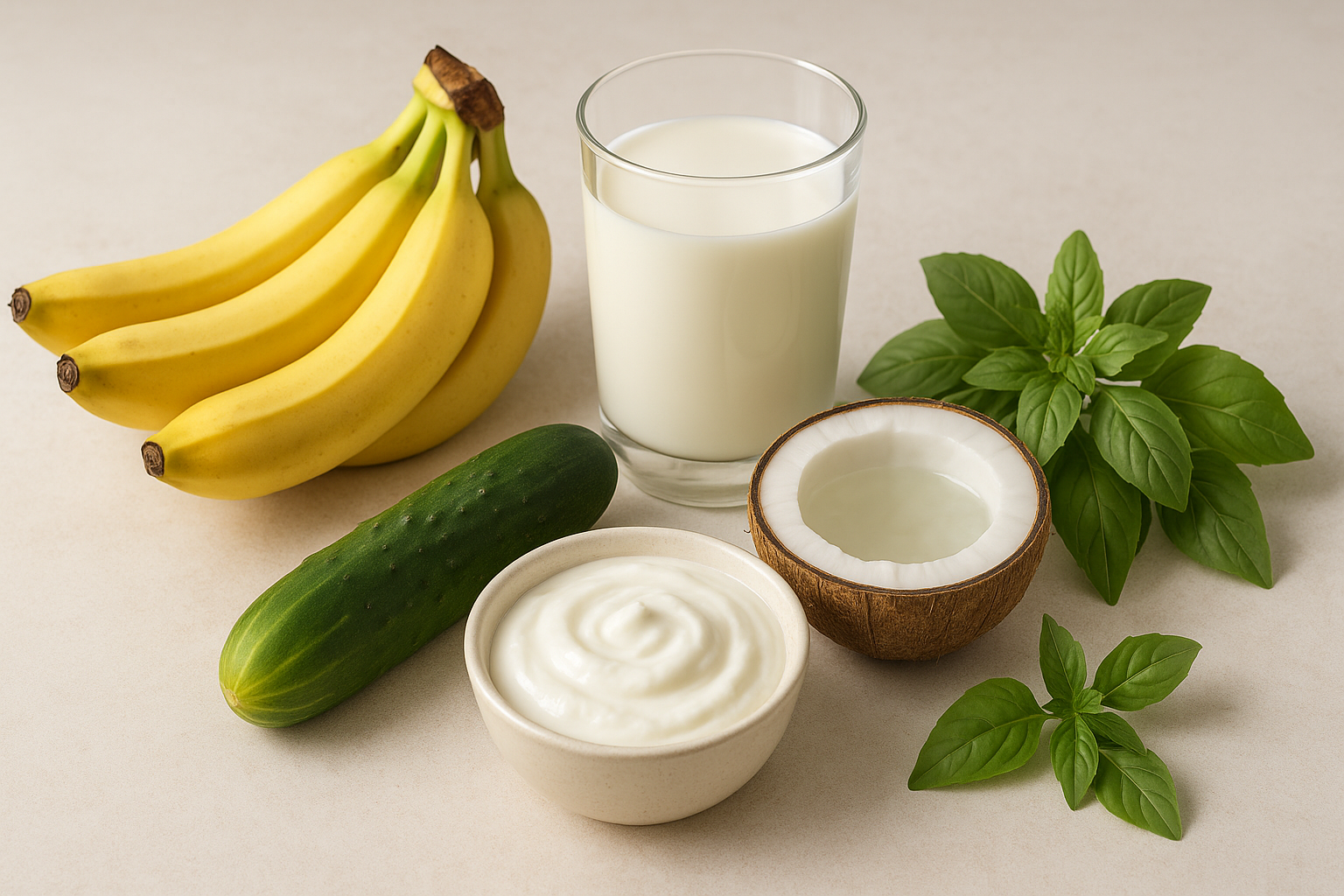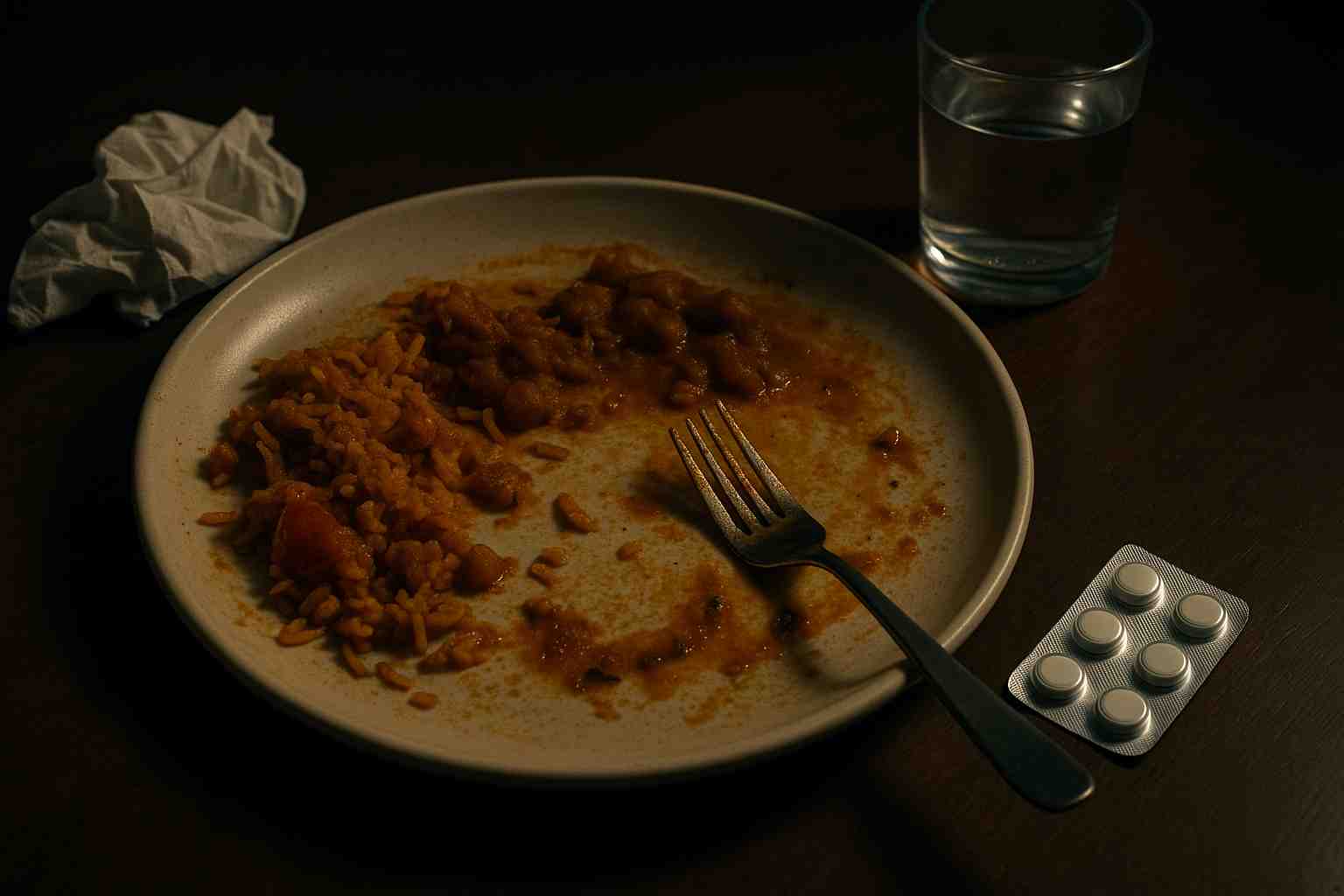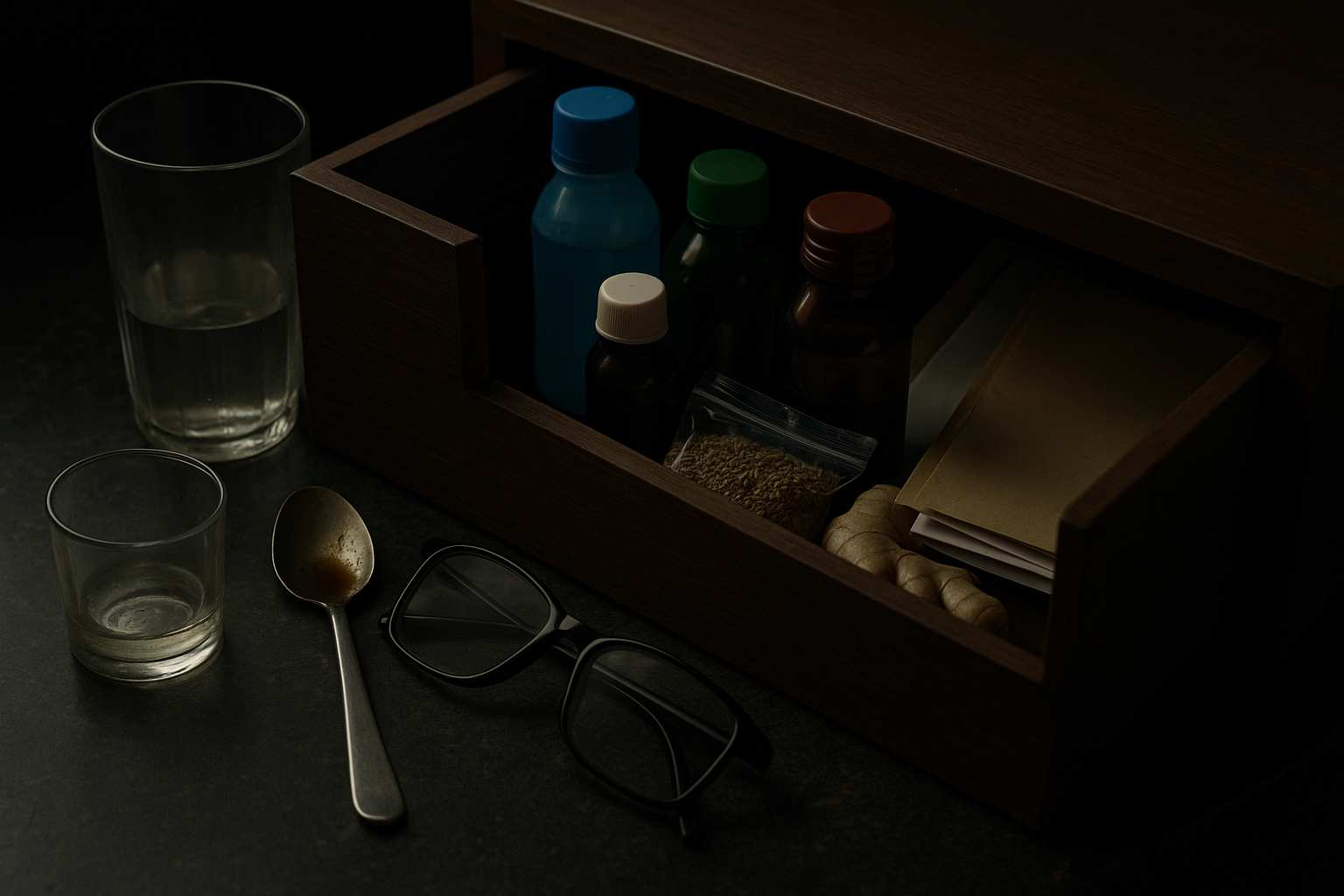Spicy food is loved across cultures. From chili-packed curries to hot sauces and peppery salsas, adding a kick to your meals can make eating more exciting. But for some people, that extra heat comes with a downside — indigestion. Many people turn to antacids after eating spicy food, so you’re definitely not the only one.
So, why exactly does spicy food cause indigestion? Is it just in your head, or is there a real reason behind it? In this blog, we’ll explore the science behind the burn, common symptoms, who’s most affected, and how to still enjoy spicy food without the after-meal regrets.
What Is Indigestion?
Before we talk about spicy foods, let’s first understand what indigestion is. It refers to a sense of discomfort or uneasiness in the upper stomach area. It often happens after eating and can cause a variety of symptoms, like:
- A burning feeling in the stomach or chest (similar to heartburn)
- Bloating
- Burping
- Nausea
- Feeling overly full even after a small meal
- Stomach gurgling or discomfort
Indigestion can be occasional or chronic. It’s usually not serious, but when it happens regularly, it can really affect your quality of life.
Why Does Spicy Food Cause Indigestion?
The short answer: spicy food can irritate your digestive system. But let’s go a bit deeper into the reasons why spicy food causes indigestion for many people.
- Capsaicin Can Slow Digestion
The spicy taste in chili peppers comes from a substance called Capsaicin. While it offers some health benefits (like pain relief and metabolism boosting), it can also slow down your stomach’s ability to empty itself. That means food sits longer in your stomach, increasing the chances of acid buildup and discomfort.
- It Can Irritate the Esophagus and Stomach Lining
Spicy foods may cause irritation in the esophagus, the tube that carries food from your mouth to your stomach. When your esophagus becomes irritated, it can lead to symptoms like heartburn and chest pain.
Additionally, if the lining of your stomach is already sensitive or inflamed (due to gastritis or ulcers), spicy food can make it worse.
- Increased Acid Production
When you eat spicy food, your stomach tends to produce more acid to digest it. This extra acid can splash up into your esophagus, especially if your lower esophageal sphincter (LES) — the muscle that keeps stomach acid in — isn’t working properly. The result? That familiar burning sensation we call heartburn.
- Spices Can Trigger Acid Reflux
For people who suffer from Acid Reflux or GERD (Gastroesophageal Reflux Disease), spicy foods are a known trigger. The heat can relax the LES, allowing stomach contents to flow back up. If you suffer from acid reflux, eating spicy foods can often aggravate your symptoms.
Symptoms That Spicy Food May Be Causing Indigestion
Here are some common signs that your favorite spicy dish might be behind your stomach issues:
- Burning sensation in the chest or throat
- Upset stomach shortly after eating
- Bloating and burping
- Nausea or vomiting
- Diarrhea in some cases
- Acidic taste in the mouth
- Feeling like food is stuck in the chest
If these symptoms show up frequently after spicy meals, you might want to reconsider your spice levels.
Who’s More Likely to Get Indigestion from Spicy Food?
While not everyone reacts the same way to spicy food, some people are more likely to experience problems:
- People with GERD or acid reflux
- Older adults (digestion tends to slow down with age)
- In pregnant women, the growing baby can increase pressure, causing acid to come back up.
- People with gastritis or stomach ulcers
- Those with irritable bowel syndrome (IBS)
Does This Mean You Should Stop Eating Spicy Food?
Not necessarily! Some people handle spicy foods just fine. In fact, spicy foods can even have health benefits — they may help reduce inflammation, improve metabolism, and aid in weight loss. But if spicy food causes indigestion for you regularly, it’s smart to manage how and when you eat it.
Tips to Still Enjoy Spicy Food Without Indigestion
Love spicy food but hate the aftereffects? Try these tips:
- Start Small: Start with gentle spices and gradually introduce stronger ones. Your body can sometimes adapt over time.
- Avoid Spicy Food on an Empty Stomach: Always eat spicy food with something else in your stomach to avoid irritation.
- Pair Spicy Foods with Cooling Sides: Yogurt, rice, bread, or milk-based dishes can help cool down the heat and reduce irritation.
- Don’t Lie Down Right After Eating: Wait at least 2–3 hours after a meal before lying down. This helps prevent acid reflux.
- Drink Water, Not Soda: Carbonated drinks can make indigestion worse. Stick with water or milk.
- Watch Portion Sizes: Large meals increase the chances of acid reflux. Eat smaller, more frequent meals if possible.
- Know Your Triggers: Some spices are more irritating than others. Red chili peppers, black pepper, and certain hot sauces tend to be the main culprits. Track your meals and symptoms to figure out what affects you the most.
Home Remedies for Indigestion After Spicy Meals
If you’ve already had a spicy meal and indigestion strikes, here are some natural home remedies for acid reflux that might help:
- Ginger tea – Calms the stomach
- Aloe vera juice – Soothes the stomach lining
- Chamomile tea – Helps reduce inflammation
- Bananas or oatmeal – Neutralize stomach acid
- Antacids – For quick relief (but don’t rely on them long-term)
Use Best Antacid to Get Relief
Gaviscon Antacid works by forming a protective barrier over the stomach contents, preventing acid from rising into the esophagus and causing irritation. This helps reduce heartburn and soothes discomfort from acid reflux, especially after spicy meals. It provides fast relief and is available in both chewable tablet and liquid forms.
Why use Gaviscon?
- Creates a protective foam barrier to prevent acid reflux
- Quickly soothes burning and irritation
- Effective after spicy or acidic foods
- Provides relief without neutralizing all stomach acid
When to See a Doctor
Occasional indigestion from spicy food isn’t a big deal. However, if you experience any of the signs below, it’s wise to consult a doctor:
- Indigestion more than twice a week
- Difficulty swallowing
- Unexplained weight loss
- Vomiting blood or black stools
- Severe chest pain that mimics a heart attack
These symptoms could point to a more serious issue like GERD, ulcers, or another digestive disorder.
Final Thoughts
Spicy food causes indigestion for many people, but that doesn’t mean you have to give it up completely. Understanding why it happens, from slowed digestion to increased stomach acid, can help you make better choices about what and how you eat. By taking simple steps like eating smaller portions, combining spicy foods with neutralizers, and avoiding triggers, you can still enjoy the bold flavors without the burn. Spicy food and a happy stomach don’t have to be enemies, you just need to find the right balance.
Disclaimer: This content is just for general information and advice. It’s not meant to replace a doctor’s opinion. Always talk to a medical expert or your own doctor for proper guidance. AcidRefluxindia is not responsible for how you use this information.










